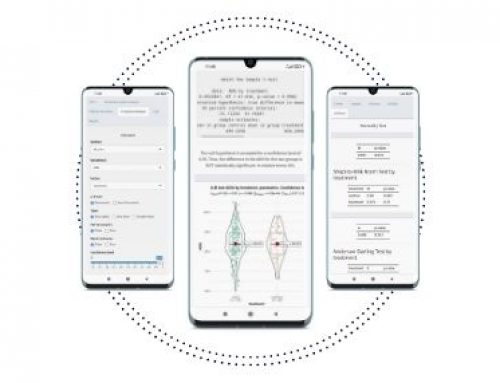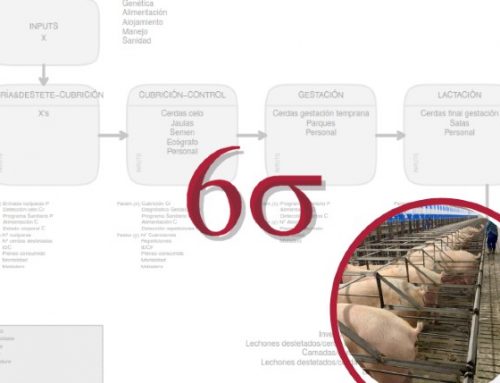Good Clinical Practices (GCP) principles
Good Clinical Practices (GCP) are a series of international guidelines that ensure that the rights, safety and well-being of trial subjects are respected, and the clinical trial data is reliable and credible. These set of norms include the ethical and quality standards to follow in the trials design, conduction, recording and reporting when they involve the participation of living beings. Furthermore, they facilitate the assessment and verification of the clinical trial data that is intended to be submitted to regulatory authorities.
The responsibility for GCP is shared by all the parties involved, including sponsors, investigators and site staff, contract research organizations (CROs), ethics committees, regulatory authorities, and research subjects.
The guideline was developed with consideration of the current good clinical practices of the European Union, Japan, and the United States, as well as those of Australia, Canada, the Nordic countries and the World Health Organization (WHO).
Good Clinical Practices (GCP) principles
The principles established in this guideline may also be applied to other clinical investigations that may have an impact on the safety and well-being of humans and animals.
- Ethics
Clinical trials should be conducted in accordance with the ethical principles that have their origin in the Declaration of Helsinki, and that are consistent with GCP and the applicable regulatory requirement(s).
- Trial risk vs trial benefit
Before a trial is initiated, foreseeable risks and inconveniences should be weighed against the anticipated benefit for the individual trial subject and society. A trial should be initiated and continued only if the anticipated benefits justify the risks.
- Trial participants
The rights, safety, and well-being of the trial subjects are the most important considerations and should prevail over interests of science and society.
- Information on the Medicinal Product
The available non-clinical and clinical information on an Investigational Product should be adequate to support the proposed clinical trial.
- Good quality trials
Clinical trials should be scientifically sound, and described in a clear, detailed protocol.
- Compliance with the study protocol
A trial should be conducted in compliance with the protocol that has received prior institutional review board (IRB)/independent ethics committee (IEC) approval/favourable opinion.
- Medical decisions
The medical care given to, and medical decisions made on behalf of, subjects should always be the responsibility of a qualified physician.
- Trial staff
Each individual involved in conducting a trial should be qualified by education, training, and experience to perform his or her respective task(s).
- Informed consent
Freely given informed consent should be obtained from every subject prior to clinical trial participation.
- Clinical trial data
All clinical trial information should be recorded, handled, and stored in a way that allows its accurate reporting, interpretation and verification.
- Confidentiality
The confidentiality of records that could identify subjects should be protected, respecting the privacy and confidentiality rules in accordance with the applicable regulatory requirement(s).
- Good Manufacturing Practice
Investigational products should be manufactured, handled, and stored in accordance with applicable good manufacturing practice (GMP). They should be used in accordance with the approved protocol.
- Quality assurance
Systems with procedures that assure the quality of every aspect of the trial should be implemented
Good Clinical Practices (GCP) principles
In this document, The European Medicines Agency (EMA) clarifies the principles of VICH GCP.
International regulatory guidelines
Nuremberg code: http://ohsr.od.nih.gov/nuremberg.php3
Helsinki Declaration: http://www.dvincitbt.com/ohsrsite/guidelines/helsinki.html
Reporte Belmont: http://ohsr.od.nih.gov/mpa/belmont.php3
Guías CIOMS: http://www.cioms.ch
ICH – GCP: http://www.ich.org
21 CFR part 11: http://www.fda.gov/cder/guideance/5505dft.pdf
GCP-ICH Helpdesk: http://www.gcphelpdesk.com/index.php/home
The programme aimed at harmonizing technical requirements for veterinary products registration is the VICH (International Cooperation on Harmonisation of Technical Requirements for Registration of Veterinary Medicinal Products) whose origin dates back to 1996.





